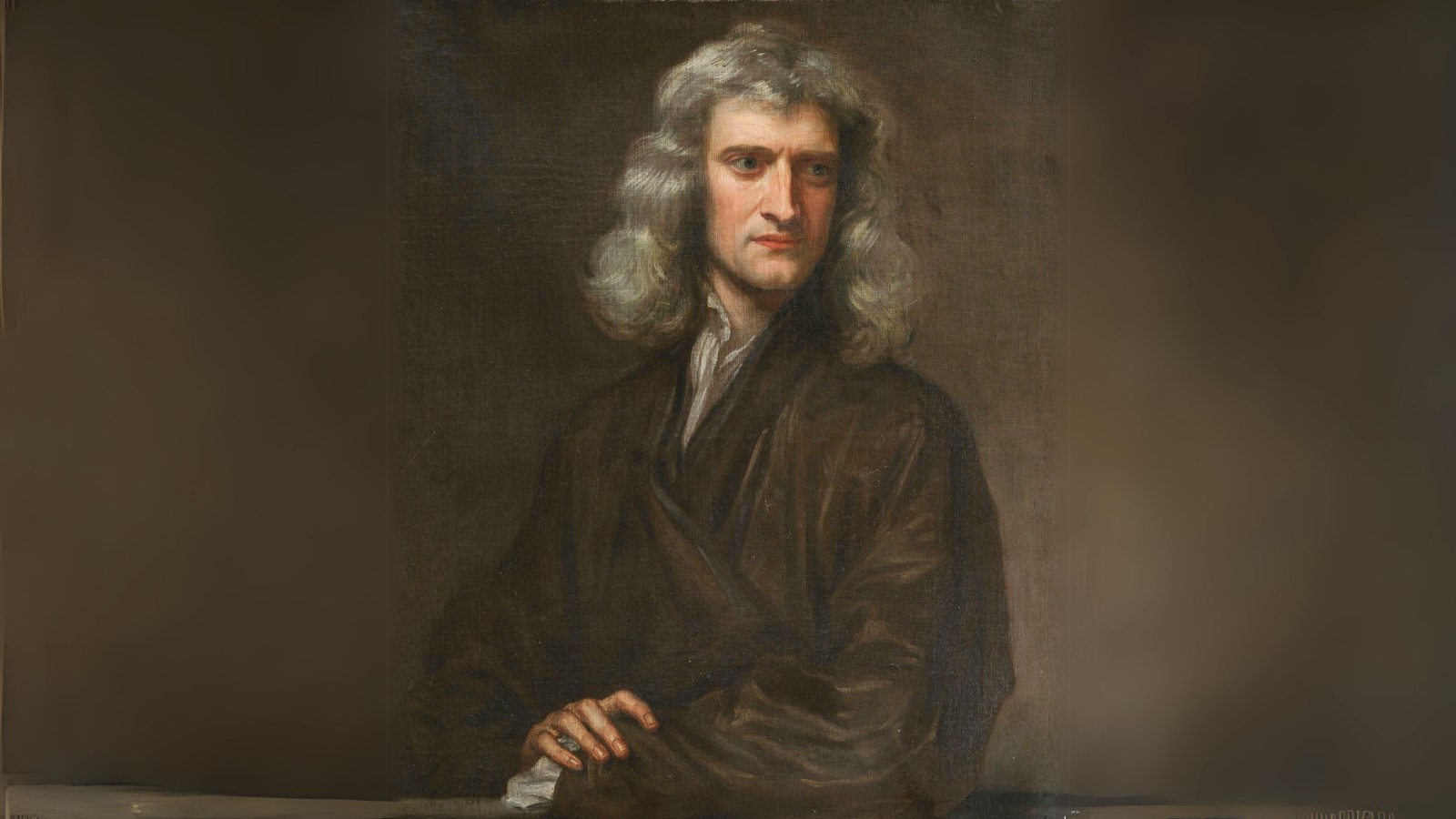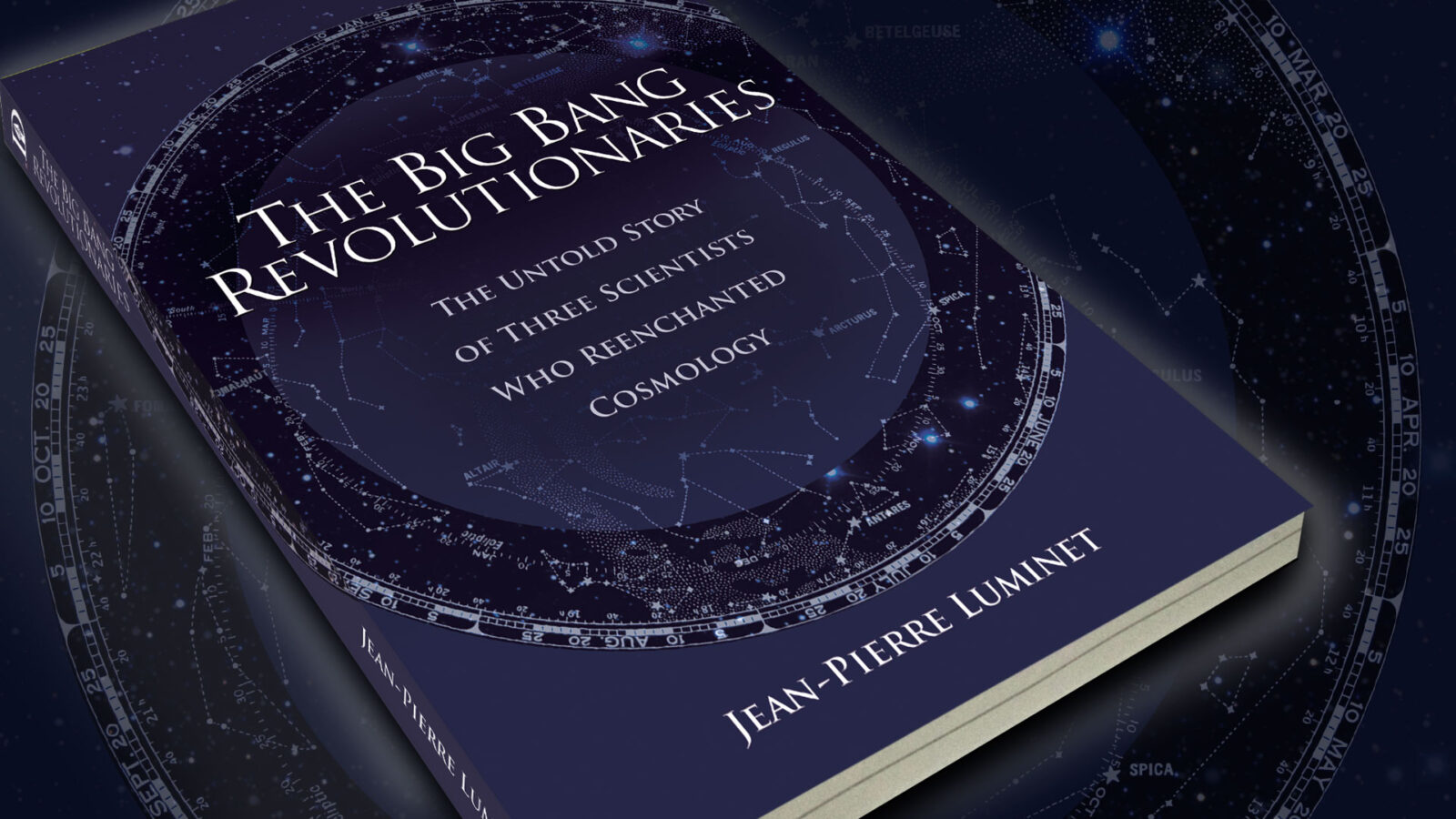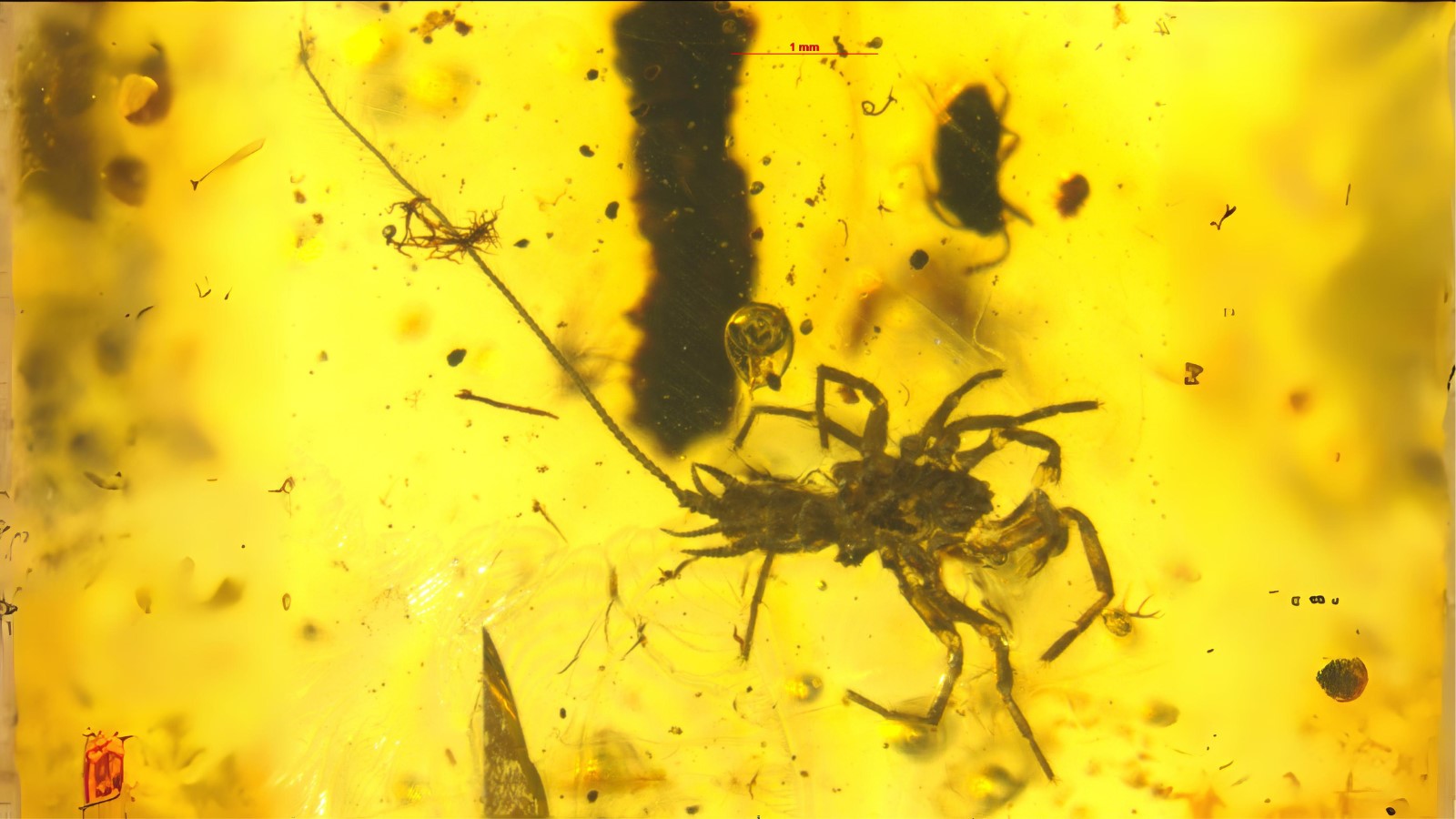


The Bacterial Flagellum: A Marvel of Nanotechnology

Now Registering: High School Chemistry with an ID Twist

Why The Heart of the Matter is Information

From Math to Mind: Uncovering the Immaterial Nature of Reality

Stephen Meyer on Isaac Newton and the Scientific Revolution

A Reading From The Big Bang Revolutionaries

How Finely Tuned Is Our Universe?

Talk More, Tech Less: Digital Wellness Tips From Dawn Wible
